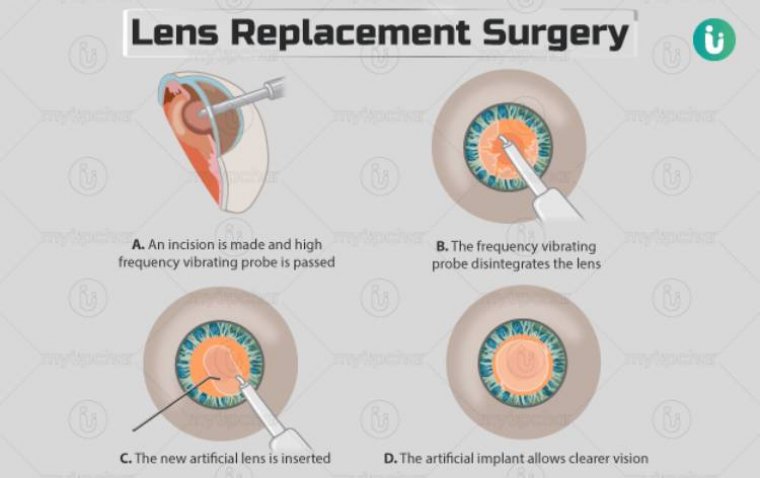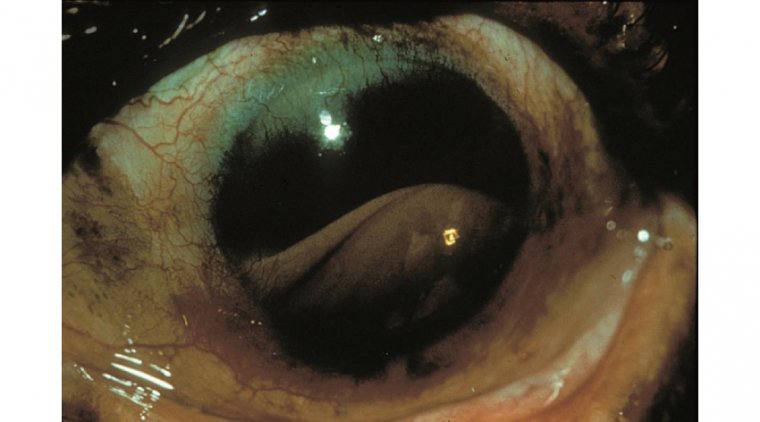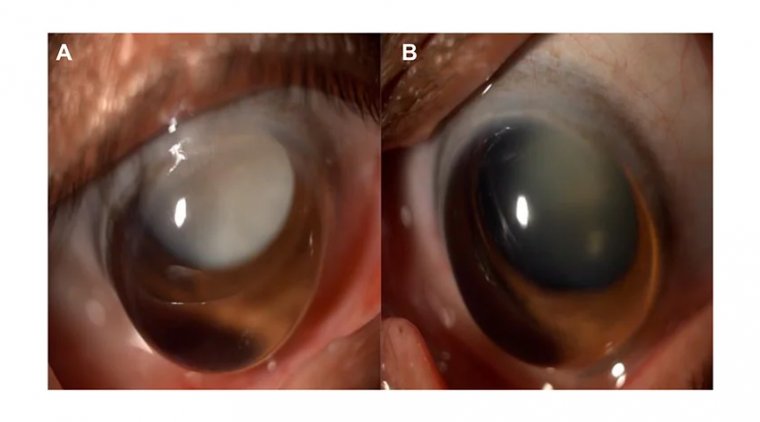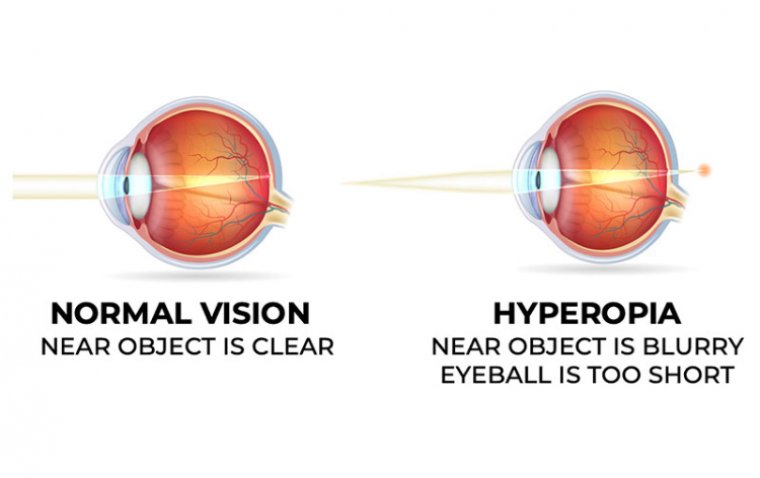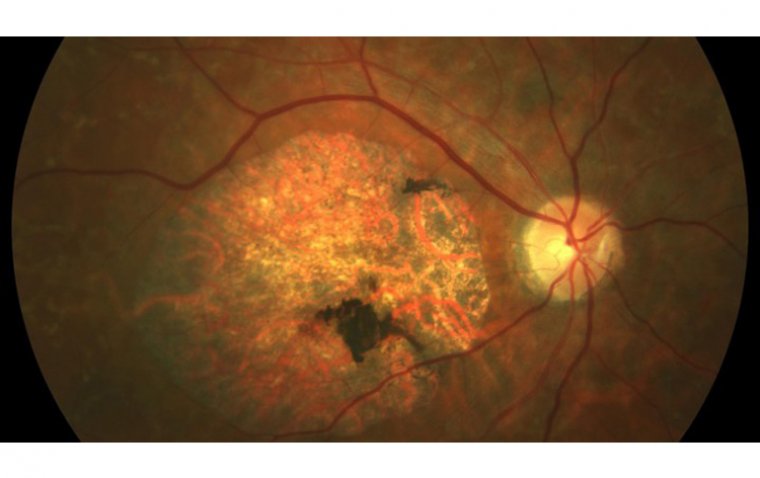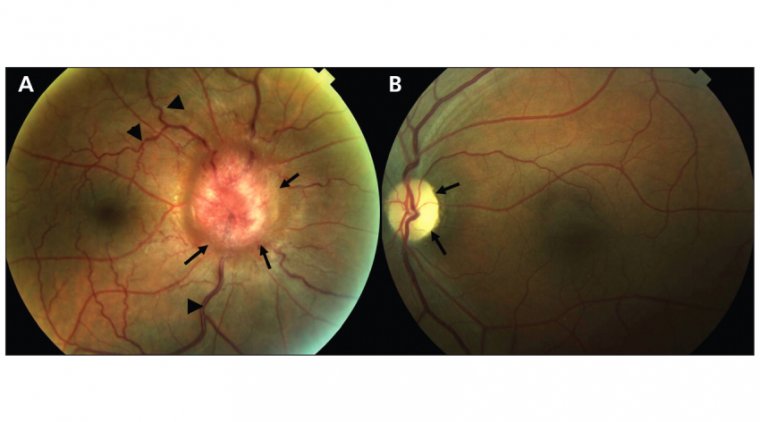
A Guide to Understanding Foster-Kennedy Syndrome
What is Foster-Kennedy Syndrome?
Foster-Kennedy Syndrome is a rare condition that affects the optic nerves, which are responsible for transmitting visual information from the eyes to the brain. It is characterized by a combination of optic nerve atrophy (nerve damage) in one eye and optic nerve swelling in the other eye. The result is reduced vision in the eye with atrophy and increased intraocular pressure in the eye with swelling, leading to vision loss.
What Causes Foster-Kennedy Syndrome?
Foster-Kennedy Syndrome is most commonly caused by tumors in the frontal lobe of the brain. This can be either a primary brain tumor or a metastatic (spread) brain tumor from elsewhere in the body. It can also be caused by other conditions such as inflammation, and traumatic brain injury.
Signs and Symptoms of Foster-Kennedy Syndrome
The main symptoms of Foster-Kennedy Syndrome include:
● Progressive visual loss
● Anosmia (the lack of ability to perceive odor)
● Diplopia (double vision)
● Emotional lability
In some cases, there may also be associated symptoms such as headache, nausea, and vomiting.
Foster-Kennedy Syndrome vs. Pseudo-Foster-Kennedy Syndrome
Pseudo-Foster-Kennedy Syndrome is a condition that can mimic Foster-Kennedy Syndrome, but it is not caused by a frontal lobe tumor. Instead, it is caused by conditions such as cataracts or other disorders that affect the lens of the eye. The key difference between the two conditions is that in Foster-Kennedy Syndrome, the optic nerve is affected, while in Pseudo-Foster-Kennedy Syndrome, it is the lens of the eye that is affected.
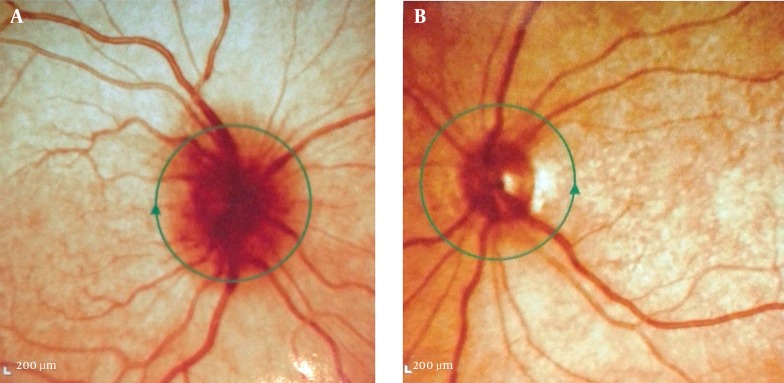
A Image of Pseudo-Foster-Kennedy Syndrome Credit: Europe PMC
How to Treat Foster-Kennedy Syndrome
The treatment for Foster-Kennedy Syndrome depends on the underlying cause. If the cause is a tumor, surgical removal of the tumor may be necessary, along with radiation therapy or chemotherapy if necessary. If the cause is another condition such as inflammation, appropriate treatment for that condition may be necessary. In some cases, eye drops or oral medications may be used to control intraocular pressure in the affected eye. Regular monitoring by an ophthalmologist is important to monitor the progression of the condition and to prevent further vision loss.
In conclusion, Foster-Kennedy Syndrome is a rare condition that affects the optic nerves and can cause reduced vision and increased intraocular pressure in one eye. Early diagnosis and appropriate treatment are important to prevent vision loss. If you suspect you may have Foster-Kennedy Syndrome, it is important to see an ophthalmologist for a comprehensive eye exam.
(1).jpg)
